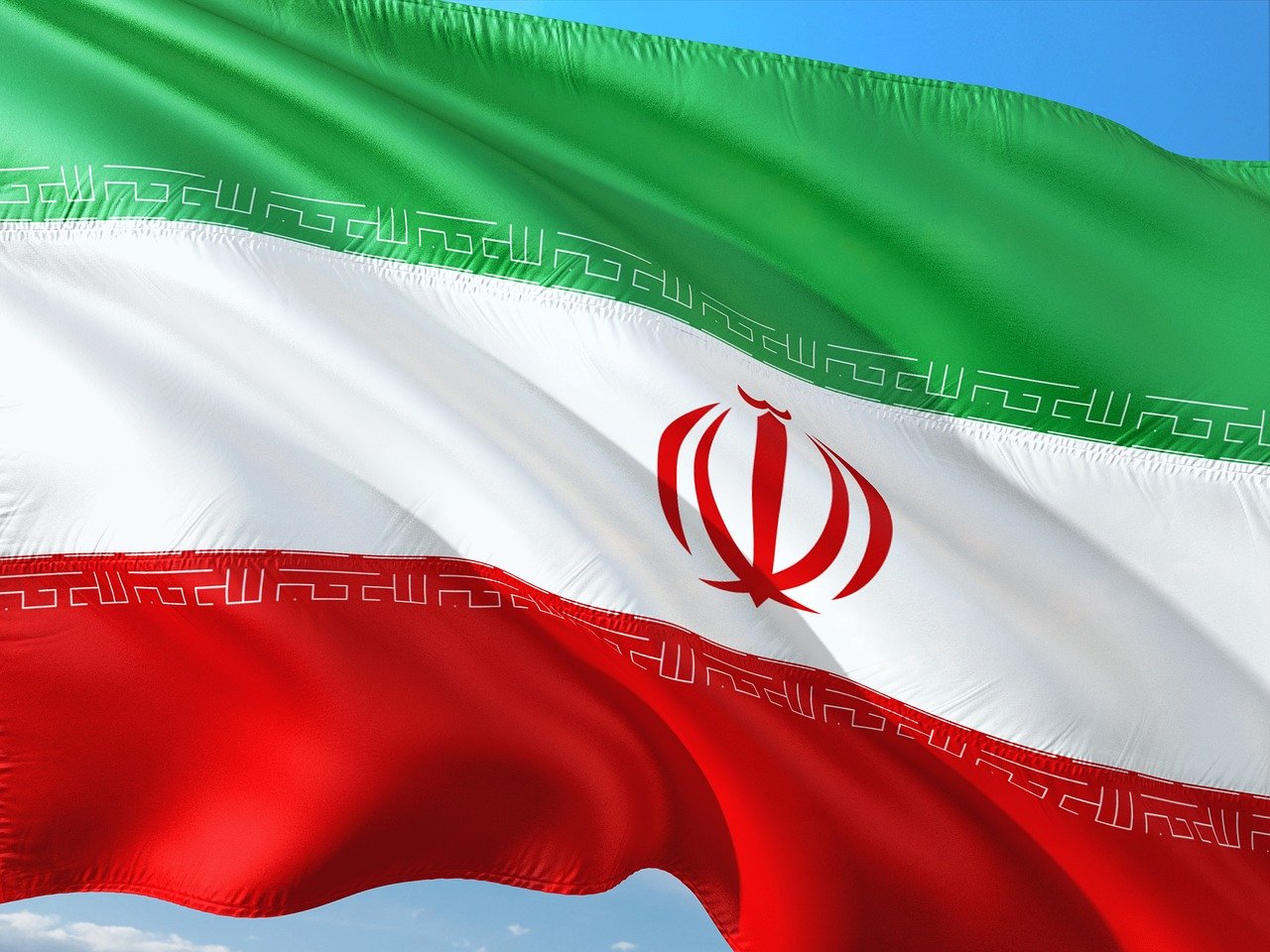In February of 2021, Joe Biden removed the special designation former President Donald Trump had given the Yemen-based Houthis as a "global terrorist entity" in the final weeks of his administration.
At the time, Secretary of State Antony Blinken said the decision was driven by concerns that the militia group could imperil the ability to deliver crucial assistance to the people of Yemen. It was "a recognition of the dire humanitarian situation in Yemen," he said.
Now, three years later, the White House has responded to the terrorist group's repeated attacks on shipping vessels in the Red Sea – attacks the Houthis claim is retaliation for the Israeli military offensive in Gaza – by reinstating the Houthis as a Specially Designated Global Terrorist (SDGT) entity.
It will go into effect in 25 days.
Commander Kirk Lippold (USN-Ret.), who commanded the USS Cole when it was attacked by terrorists in Yemen in 2000, says this move is long overdue.

"I think right now what Biden administration is doing is window dressing, answering to political pressure, and that nothing of substance is going to change," he adds. "We're going to continue to see the Biden administration acquiesce and give whatever they think Iran wants."
So while this is a welcomed announcement, Lippold wants to see "what kind of teeth are actually going to be there that are not only going to impact the Houthis, but may deter both the Houthis and Iran from shooting at ships in the Red Sea."
The administration did not re-list the Houthis as a foreign terrorist organization (FTO).
According to the State Department, both terrorist designations trigger economic sanctions, but only an FTO designation imposes a travel ban on members of the group and authorizes sanctions on those who provide "material support" to it.







